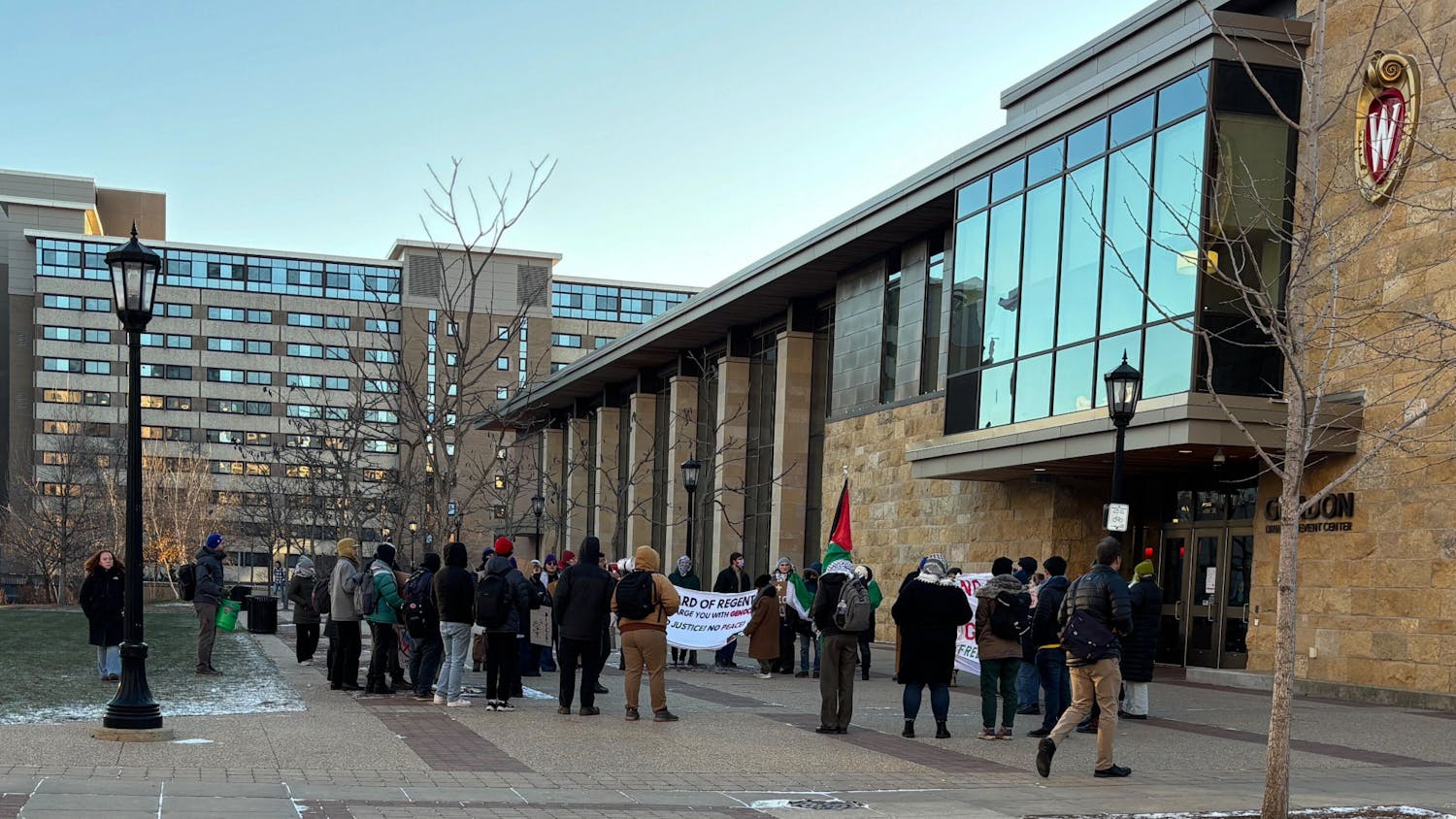Let me start off by addressing the fact that solely by virtue of being human, every person throughout the world possesses fundamental, inalienable human rights. To quote John Locke, and later Thomas Jefferson, among these rights are “life, liberty and property” (or “the pursuit of happiness”). Just as human beings have these inalienable rights, nations too have rights that must be preserved and cannot be infringed upon. The Palestinian people are a nation. They have a history, they have a culture and they maintain the right to be a sovereign state. Regardless of Mitt Romney’s views, as a people they are not hell-bent on obliterating Israel, and their culture is not inherently inferior to that of the Israeli’s. Why then is this Israeli/Palestinian peace process such an ordeal? Why does it continue to remain stagnant? Why is there still such a great magnitude of animosity harbored on both sides?
Contrary to what many on the far left would have you intuit, Israel is NOT an Apartheid state. It never has been, and it never will be. Making up roughly 20 percent of Israel’s citizenship, Arab Israelis account for over 14 percent of the Knesset, Israel’s Parliament. Though these numbers are slightly disproportional, they illustrate that Arab Israelis play a far more critical role to the political landscape of the country than most minority groups do worldwide.
Recently noteworthy is the action taken by Palestinian Authority President Mahmoud Abbas to take the case for Palestinian statehood to the UN. Besides the fact that this breeches their end of the contract under the Oslo Accords, in which they pledged to discuss all negotiations directly with Israel, there remains a very conspicuous issue with their bid for statehood. As was said before, Palestine has the right to be a recognized state by all countries of the world. However, before they can do so, there is certainly a catch: they need to be able to provide full support for their citizens. As of now, their capability of doing is vague and convoluted.
In terms of produce, Islamweb.net notes that “Palestinians use the Israeli shekel as currency. From cars to shampoo, countless goods come from or via Israel. Most packaged foods and household products have a foreign or Palestinian counterpart, but fruit and vegetable vendors say they would be out of business without Israel, where most produce is grown.”
Because of the immensely progressive advancements and innovations that emanate from the Israeli medical field, Palestinians often find themselves retreating to Israeli hospitals when facing sickness or injury. Furthermore, Israel has control of and supervision over most of the region’s water systems, which it has proliferated and modernized.
A further obstacle in the peace process is the disunity between Palestinian governments in the West Bank and Gaza. The Palestinian Authority, which is seen as the legitimate Palestinian national government by Israel, is constantly at odds with Hamas, the militant organization that possesses power in Gaza. The two sides are truculent, each vying for the position of power in a unified Palestinian state. Besides the extant discord between the two, and the draconian measures that Hamas often adopts to get its way, the West Bank and Gaza are not even remotely near each other. It would be excessively difficult to foster a state that incorporated both realms. Ideas have been proposed to build an elevated superhighway connecting the two lands; in practice, however, this measure appears highly inexpedient.
A two-state solution is possible only when Palestine has the necessary infrastructure to create a successful state that does not depend on Israel for goods and services. We are often asked to discuss what Israel’s duty is to facilitate the state of Palestine. Out of goodwill and the hope of lasting peace, Israel would probably assist at least in part. However, it cannot be deemed Israel’s responsibility to build the state of Palestine, and the degree to which their aid factors into the equation is an opaque issue.
Though they exist, there are few people in this world who do not want peace. Israel does. Palestine does. The U.S. does. The UN does. But how to properly address the two-state solution is an enigma that has plagued the global community for decades now, and until a Middle East foreign policy messiah reveals himself or herself to the world, this will continue to be a festering topic.
Zac is a senior majoring in philosophy and communications. Please send all feedback to opinion@dailycardinal.com.





